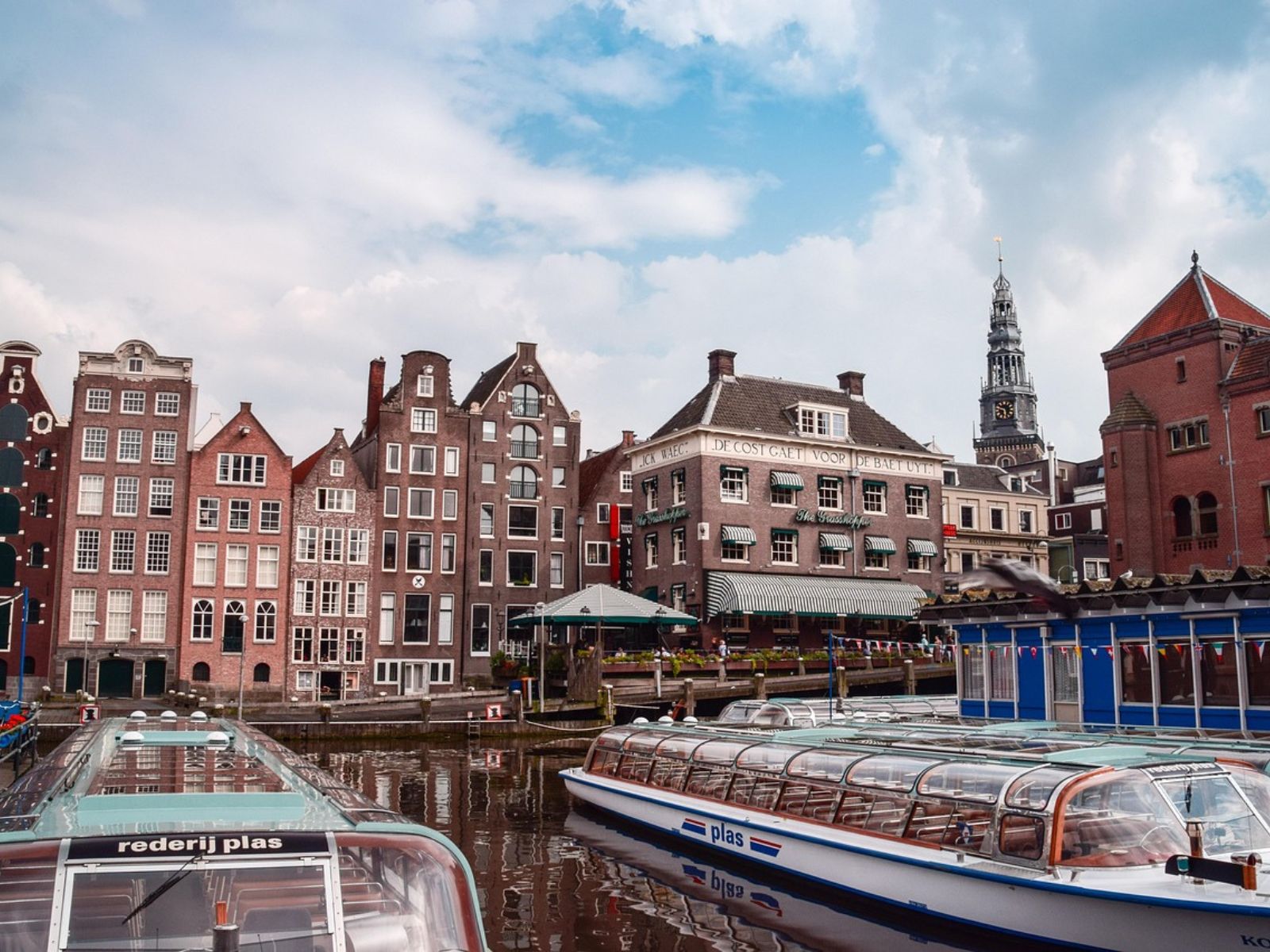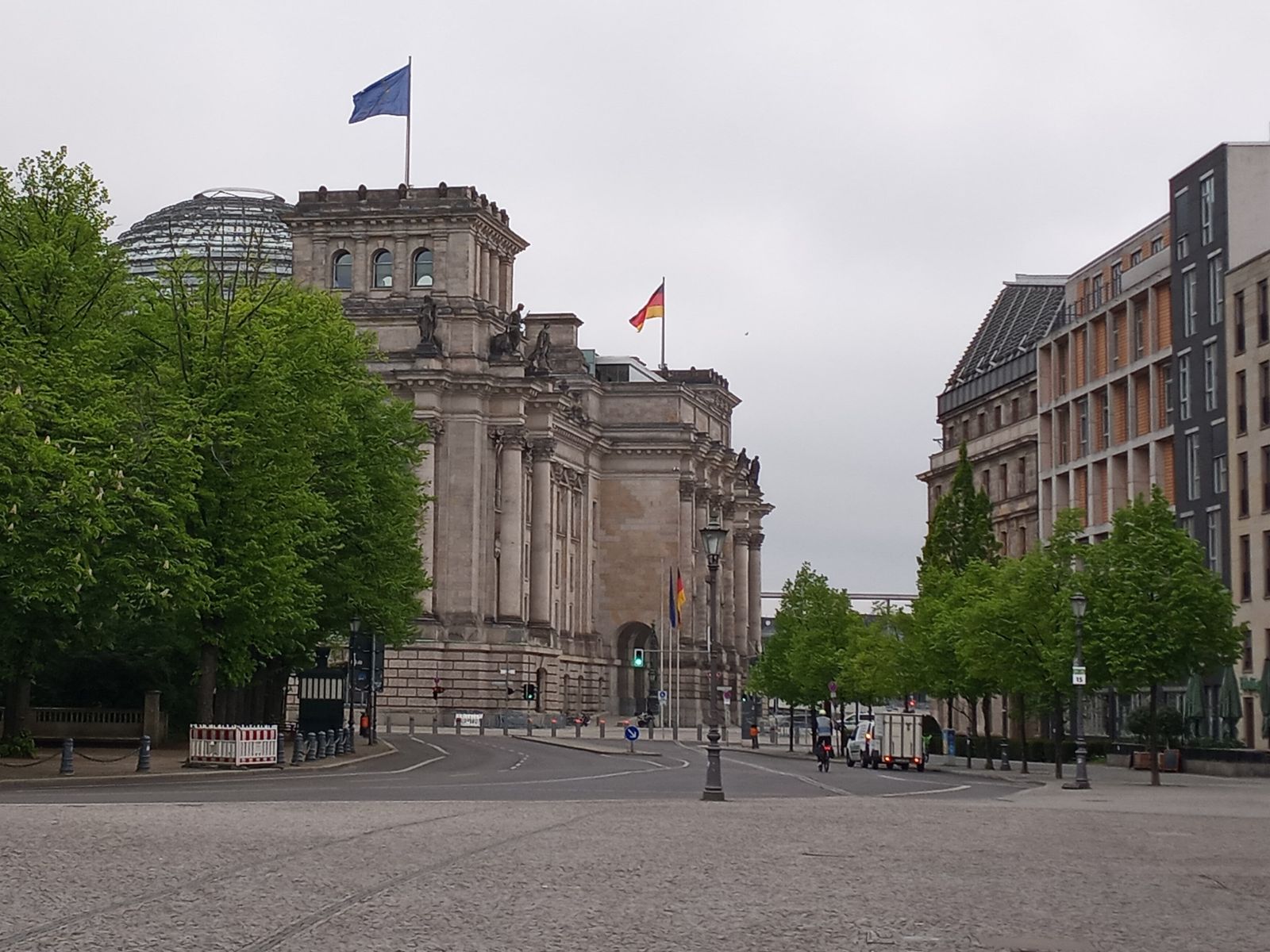
German-Dutch Cannabis Experiment Grows More Interesting

German-Dutch Cannabis Experiment Grows More Interesting
Those who know anything about the history of the Dutch cannabis industry, know it is a vertical that has flourished in the grey areas and the loopholes of the law since its “modern” launch a couple of generations ago. However, for most of the last decade, the Dutch government has also struggled to find a way to legitimize and regulate the coffee shop industry – because they cannot completely destroy it.
In many ways, the Netherlands and Germany reside on opposite spectrums of the regulatory divide, as the Dutch cannabis industry’s foundation has been built upon a grey area, while Germany has has favored hard and fast rules for the most part. The various regulatory models will certainly be examined at the International Cannabis Business Conference as the world’s premier cannabis industry event makes its 2019 European trek thru Barcelona, Berlin, and Zurich.
Dutch government efforts have had an impact – even if it is to prove that the Dutch are quite fond of their unique pioneer status in a now global industry. That said, quite a few coffee shops, even in Amsterdam, have closed. Border towns are no longer the convenient “one-stop shopping” spots for tourists and patients. The last Amsterdam “Cannabis Cup” went out with a whimper on Thanksgiving 2014. The Dutch are no longer operating in a cannabis vacuum as events outside the country begin to impact an industry which inspired dreams of cannabis cafes and coffee shops globally. See Barcelona’s clubs as the first but far from the last example.
The next step of this inexorable march is now here: a new four year trial program to try to regulate cannabis supply in the Netherlands (to the coffee shops.) Sellers can be prosecuted under “illegal drug trafficking” regulations if they purchase product from unlicensed producers. If this doesn’t “work” the Dutch are willing to go back to the situation as it stands now (namely growers are in a gray market). Look for some nasty prosecutions. This may in fact, finally create the seed-to-sale experience both Dutch authorities (and cross border ones in other countries) have been dreaming of.
With the march towards licensing across the continent (and for everything, including CBD and novel foods), expect this to percolate further into the discussion not only in Holland, but across Europe. Particularly when other “early mover” countries like Switzerland and Luxembourg are now making noises about recreational reform within the next five years or so.
This will also dovetail nicely with what is afoot right now between Germany and Holland in the medical market. Last fall, German Health Minister Jens Spahn negotiated with the Dutch government to increase the quota of medical cannabis allowed to be shipped across the border. This with a pending cultivation bid in Germany for strictly medical purposes. Not to mention a growing import market from (at this point) only Canada, although with many hopefuls now (from Israel and other EU countries) looking to fill the gaps.
This is a trend that is also obvious to regional distributors. See the recent purchase by Dermapharm Holding SE of 20% of FYTA, a company in both the Netherlands and Monheim Germany with the right to produce medical cannabis as of March 4 2019. The deal also includes the right to import 12 tonnes of cannabis into Germany per year with the right to raise this amount in the future. The production facility in the Netherlands can produce 25 tons a year.
The German picture, not to mention the Dutch, just got even more interesting. Especially of the timing of this news with the still pending news on the German cultivation bid.
For more on breaking developments across the European cannabis industry, be sure to book your tickets for the ICBC this spring in Barcelona, Berlin and Zurich now!
Share article


Share article
Join Our Awesome Community
Join Our Awesome Community
Join Our Awesome
Community
Get all the latest industry news
delivered to your inbox






